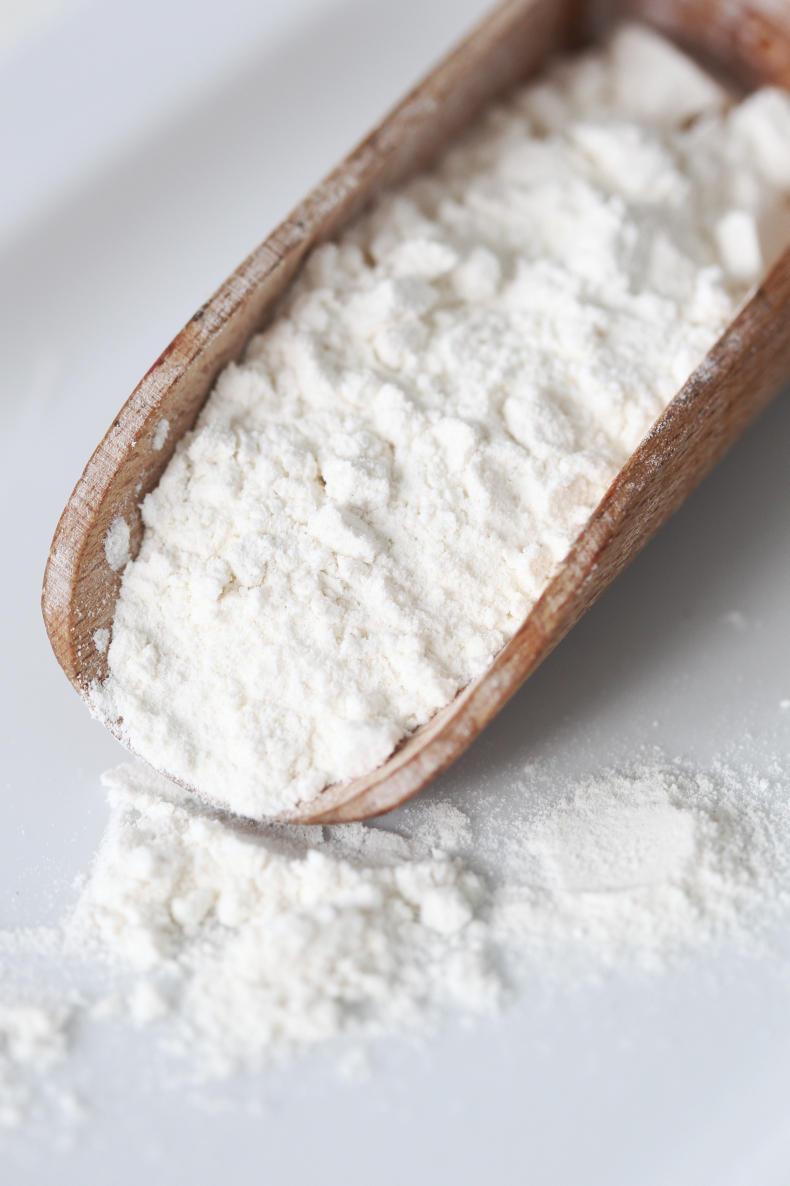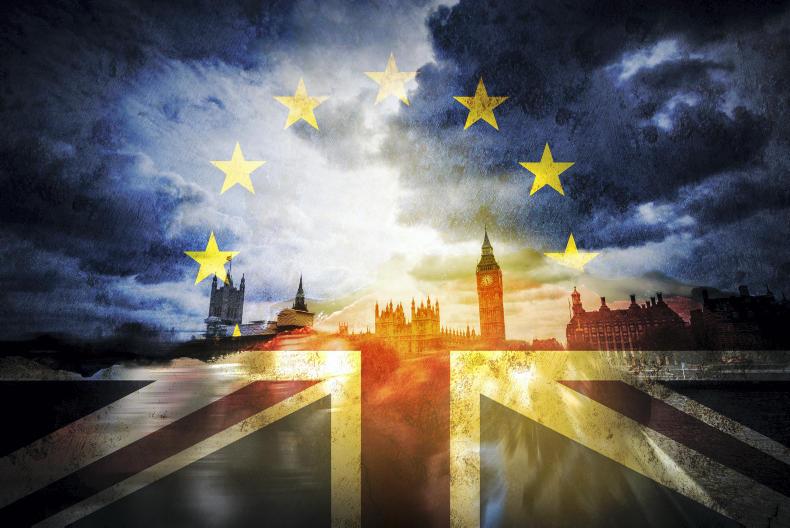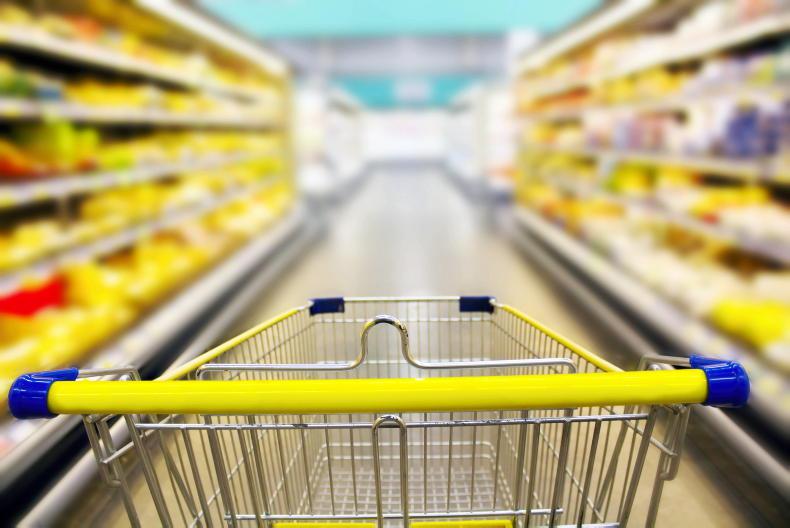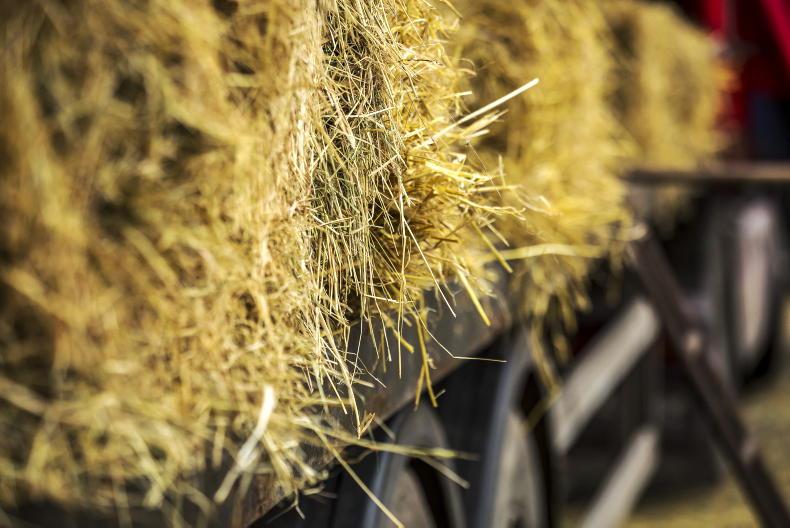While the tillage sector doesn’t trade the volumes or value that beef, dairy, pigmeat, or sheepmeat do with the UK, nevertheless it is a sector that has multiple cross-border and east-west trade dimensions.
On a WTO trading basis, the main sectors of tillage output carry a tariff implication.
Straw
For the tillage sector, there would be major disruption to current trading patterns, with the market for straw in the north likely to disappear.
Straw, much of which is traditionally sold in Northern Ireland, would carry a tariff of almost 3%, but there could be severe logistical issues associated with crossing the border on either side.
Vegetables
Vegetables trading across the border or imported directly from Britain would would carry a tariff of approximately 7.5%.
This includes mushrooms and seed/ware potatoes.
As previously reported, in 2018, 62% of Ireland's certified potato seed supply came from the UK.
However, this could provide an opportunity to restart the native seed potato producing industry in Ireland.
Animal feed
There is also a substantial cross-border element of animal feed trade, which, under WTO trading arrangements, would carry a tariff of just under 20%.
This would make continuation of this business uneconomic.
Approximately 20% of Irish compound feed ingredients come from the UK.
Excluding 2018, when looking at different feed ingredients, 2017 saw the highest amount of wheat and barley being imported from the UK to the Republic of Ireland.
In 2017, a total of 320,000t of feed travelled across the border and that equates to about 5% of the market.
Approximately 175,000t of feed travels south and 147,000t travels north.
Flour

The biggest WTO tariff in relation to tillage output applies to flour, which would carry a tariff of approximately 26%.
Ireland imports a huge part of its flour need from Britain and Northern Ireland, but this level of tariff would make it prohibitively expensive.
We would also have to find another flour supply, something that isn't impossible, but requires a very different business model in relation to tillage than we have at present.
Grain
Like each of the other commodities, grain too would carry a penal tariff.
For example, a tonne of imported wheat worth approximately €199/t would increase to €294/t when a €95/t WTO tariff is added.
In figures quoted at the R&H conference in October stated that in 2017, 40% of wheat and 87% of all barley imported into this country came from the UK.
Read more
Top EU potato producing countries suffer up to 20% yield hit
Watch: setting up a clay and silt trap in the fields
While the tillage sector doesn’t trade the volumes or value that beef, dairy, pigmeat, or sheepmeat do with the UK, nevertheless it is a sector that has multiple cross-border and east-west trade dimensions.
On a WTO trading basis, the main sectors of tillage output carry a tariff implication.
Straw
For the tillage sector, there would be major disruption to current trading patterns, with the market for straw in the north likely to disappear.
Straw, much of which is traditionally sold in Northern Ireland, would carry a tariff of almost 3%, but there could be severe logistical issues associated with crossing the border on either side.
Vegetables
Vegetables trading across the border or imported directly from Britain would would carry a tariff of approximately 7.5%.
This includes mushrooms and seed/ware potatoes.
As previously reported, in 2018, 62% of Ireland's certified potato seed supply came from the UK.
However, this could provide an opportunity to restart the native seed potato producing industry in Ireland.
Animal feed
There is also a substantial cross-border element of animal feed trade, which, under WTO trading arrangements, would carry a tariff of just under 20%.
This would make continuation of this business uneconomic.
Approximately 20% of Irish compound feed ingredients come from the UK.
Excluding 2018, when looking at different feed ingredients, 2017 saw the highest amount of wheat and barley being imported from the UK to the Republic of Ireland.
In 2017, a total of 320,000t of feed travelled across the border and that equates to about 5% of the market.
Approximately 175,000t of feed travels south and 147,000t travels north.
Flour

The biggest WTO tariff in relation to tillage output applies to flour, which would carry a tariff of approximately 26%.
Ireland imports a huge part of its flour need from Britain and Northern Ireland, but this level of tariff would make it prohibitively expensive.
We would also have to find another flour supply, something that isn't impossible, but requires a very different business model in relation to tillage than we have at present.
Grain
Like each of the other commodities, grain too would carry a penal tariff.
For example, a tonne of imported wheat worth approximately €199/t would increase to €294/t when a €95/t WTO tariff is added.
In figures quoted at the R&H conference in October stated that in 2017, 40% of wheat and 87% of all barley imported into this country came from the UK.
Read more
Top EU potato producing countries suffer up to 20% yield hit
Watch: setting up a clay and silt trap in the fields











SHARING OPTIONS